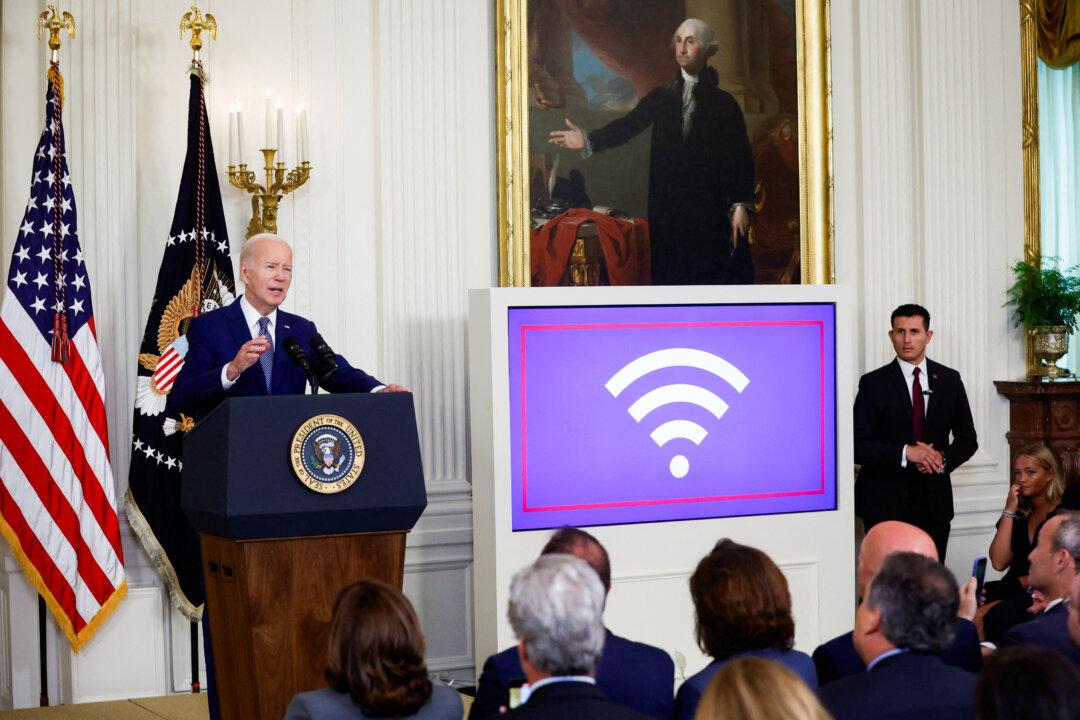The Biden administration has announced that it’s waiving some made-in-America requirements for components used in its $42 billion broadband internet buildout project because not enough of the materials, such as fiber optic cable components, are produced in the United States.
Under the Build America Buy America Act (BABA), which was enacted as part of the Infrastructure Investment and Jobs Act, any federally-funded infrastructure projects are subject to domestic procurement requirements.





